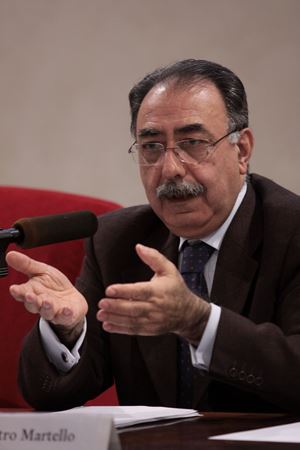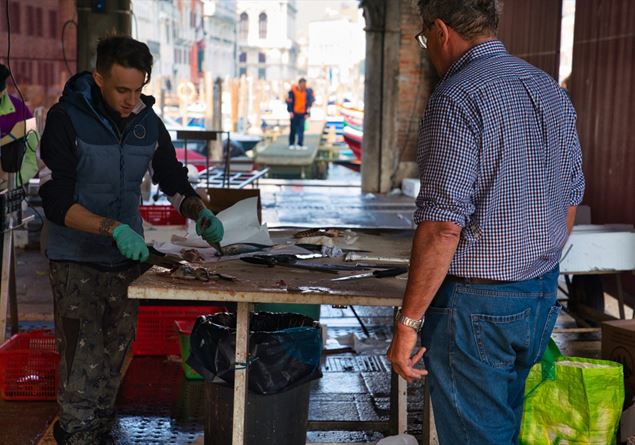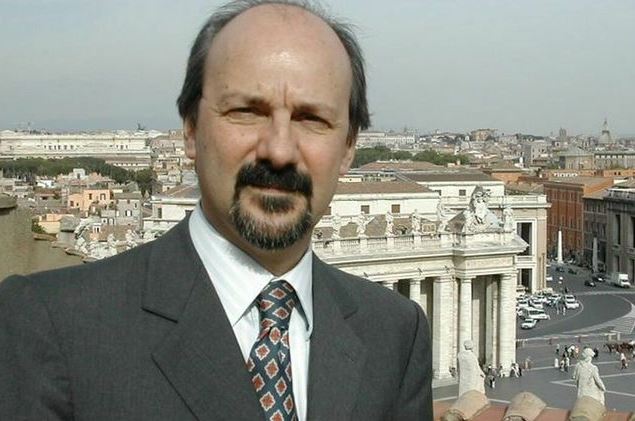In America they call them “working poor” and they are the “poor despite their work”, or rather those who work but without the minimum conditions for a decent living: wages that are too low, judged to be below the poverty threshold, in reference to the Istat indices, by the Milan Public Prosecutor’s Office itself and in conflict with article 36 of the Constitution even if signed by the unions in the collective agreements, no contributions paid, unlikely working hours. What seems like a contradiction in terms – how can you be poor if you work? – it is a reality that is spreading like wildfire in all countries. But gangmastering, which determines an even clearer divide between social classes, is also spreading in the culture sector: recently there is news of 4 euros an hour or a little more for working as ushers in the theatre. But the plague affects many production areas: supermarkets, logistics, commerce.
A worrying situation which was the focus of the conference organized tomorrow at 2pm at the Faculty of Political Sciences of the State University by the labor law magazine www.lavorodirittieuropa.it, directed by the magistrate Piero Martello – whose editorials on wages and dignity are a valid insight into the problem.
The conference, entitled “Exploitation of labor and organizational models between prevention and repression”, focused on the investigations of the Milan prosecutor Paolo Storari regarding the exploitation of workers, will see the presence of criminal and labor law experts, with the introduction of Giovanni Maria Flick , president emeritus of the Constitutional Court. We start from article 36 of the Constitution: “The worker has the right to remuneration proportionate to the quantity and quality of work and in any case sufficient to ensure a free and dignified existence for himself and his family…”.

Piero Martello
But is work a privilege or a right? “Situations of exploitation are emerging that we thought had disappeared from history, situations of people who as soon as they try to protest are either fired or transferred even two hundred kilometers away,” comments Piero Martello. “I read the testimony of a worker, whose elderly and sick mother is dependent on her, who lives with her in a public dormitory because she cannot afford to rent a house with her salary. There are workers with starvation wages despite having a regular contract. Need forces one to accept anything and it is on need that dishonest people who want to make money leverage. We have returned to pre-industrial times: at the beginning of the industrial revolution workers were paid very little, women half as much as men and boys half as much as women”.
Prosecutor Paolo Storari has been intervening in this sector for some years now. Cases are increasingly widespread in which companies supply labor to other client companies which, instead of hiring the staff they need for certain functions, recruit them from the former because they ensure costs that are significantly lower than those of the market, also creating distortions in free competition. “I call it the Storari method,” continues Martello. “Its investigations are in-depth and the reasoned measures are based on two mechanisms: for supplier companies, once the irregularities have been ascertained, it appoints a judicial administrator with the task of eliminating illegal situations and for client companies it often freezes the accounts to guarantee the debts . Most of the time it doesn’t even get to the trial because the companies regularize everything during the investigation, paying the unpaid contributions and the right salary to the workers, often increasing it up to 40% to bring it to constitutional levels. The prosecutor thus requests the dismissal of the case. This is to say how well-founded the accusations are. The trial can lead to a prison sentence. The best result, however, is not to condemn a CEO or a head of personnel for a few months, but to eliminate the illegal situation for the benefit of the worker”. He continues: “The first damage is to the tax authorities because these companies evade taxes, the second to the social security system because they do not pay contributions and the third to the market, that is to free competition and honest entrepreneurs who keep workers in compliance.”
When it comes to the penalty, which is a necessary intervention, does it mean that something didn’t work before? “It means that the other non-criminal tools that could avoid the crime and therefore the investigation did not intervene as they should have: the labor inspectorate, the trade unions, but also the employers’ associations which by reporting the crimes would protect the entrepreneurs honest and therefore the regularity of the market damaged by these practices”, he concludes.
For this reason, the introduction of the minimum wage was proposed some time ago in Parliament, which was then shelved. The question: with wages of 4.60 euros gross per hour, which more or less correspond to a salary of 900 euros per month, how can you make a living? Here those non-derogable human rights recognized by the United Nations come into play: the right to life and the right to freedom from slavery. Aren’t these practices that leverage a state of need a modern form of slavery? Above all: what remains of the twentieth century, the century of work, of the conquests of work and of the rights of which Norberto Bobbio spoke? In an era marked by great differences between scientific progress and moral progress, what remains of our history?










